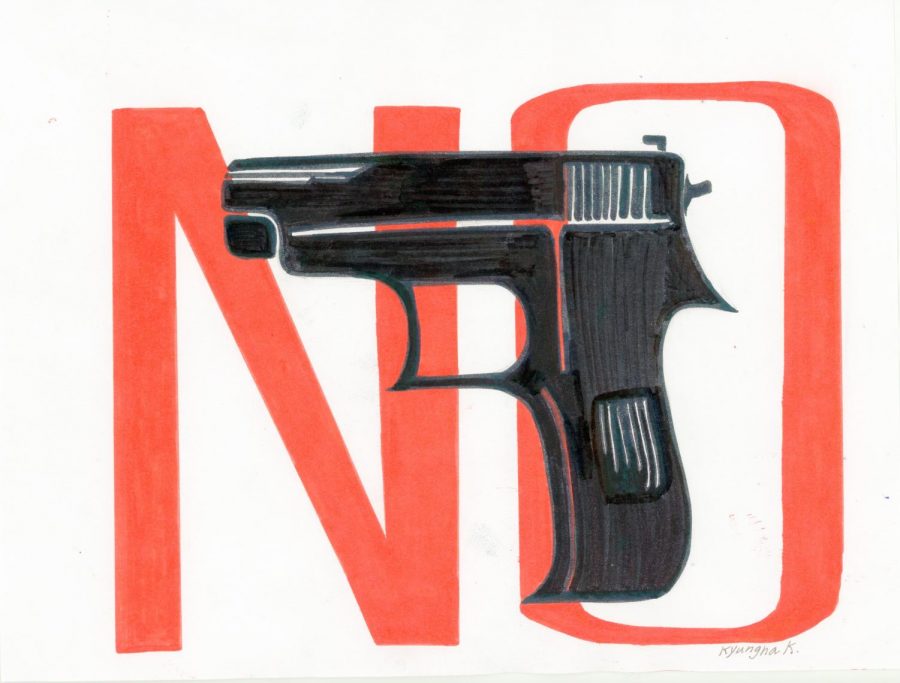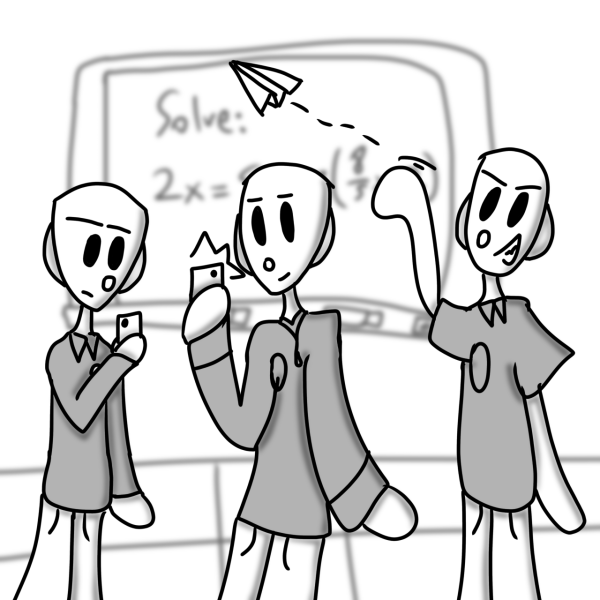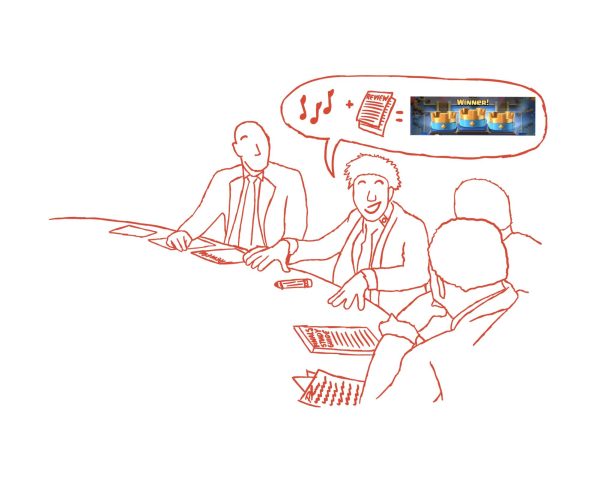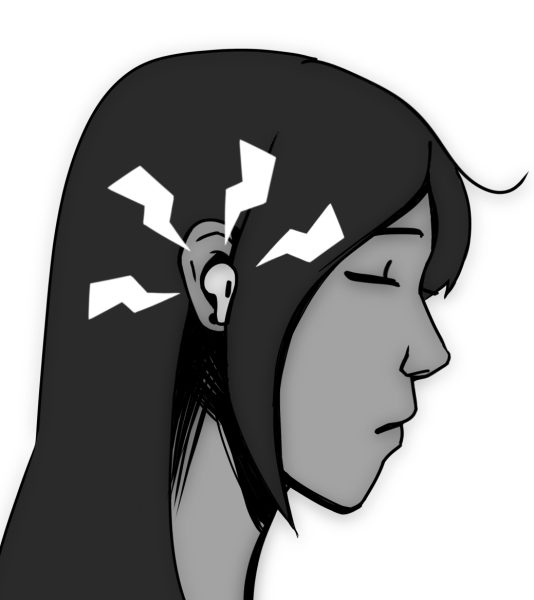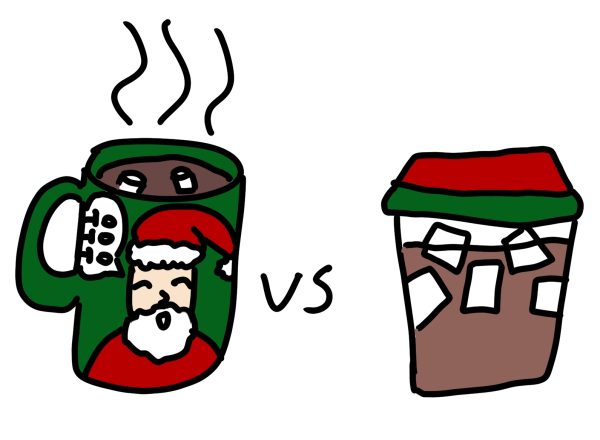Second Amendment proves complex in light of recent shooting
Since the school shooting at Sandy Hook Elementary School, there have been more than 1,500 mass shootings, including the Las Vegas shooting which occurred just a few weeks ago and killed 59 people, becoming the worst mass shooting incident in US history. These mass shootings illustrate the danger of putting firearms in the hands of the wrong people. As American citizens, we are guaranteed the right to bear arms under the second amendment of the constitution, often the misuse of this right leads to tragedy.
While mass shootings are often times the most publicized gun violence, they make up only a small portion of total firearm deaths, with the largest causes being suicide and homicides. In 2014, 590,000 violent crimes were committed using guns.
The United States has the highest ratio of firearms in the world, at 89 firearms per 100 citizens. In fact, while America has 4.4 percent of the world’s population, it makes up half of civilian owned guns around the world. In 2014, there were roughly 371 million firearms owned by private citizens, with around 40% of households owning guns.The most common argument for gun rights cites self-protection as the main need for firearms, yet only 3.5% of gun owning households reported using their firearms for self-protection.
While federal law has restrictions on the sale of firearms, private individuals are not required to perform background checks before selling firearms to someone in the same state. When going about regulating gun purchases, the FBI conducts background checks, yet if the check takes more than 3 days, the sale is approved by default.
How are dangerous criminals able to obtain firearms? A 2004 study found that, of those convicted for crimes with possession of a gun, 40% were obtained illegally, 37% were obtained through family or friends, and 11% were obtained through retail. This study shows that though some restrictions are in place regarding gun purchases, criminals are still able to obtain firearms through legal sources.
A study by economist Richard Florida went against the stereotypical belief that mental illness, stress and high immigrant populations cause gun violence and found a connection to legislature. “Firearms deaths are significantly lower in states with stricter gun control legislation,” Florida said in 2012.
Data supports the effectiveness of gun control laws, so why has little reform occurred? Gun control isn’t exactly politically popular, but one of its biggest opponents is the National Rifle Association (NRA), which argues guns make America safer. The NRA’s argument against gun control can be attributed to the profit it stands to lose with stricter gun laws. It’s substantial budget is used to control Congress and prevent the passing of stricter regulations. The Dickey Amendment is another enemy of gun control, which prevents the Center for Disease Control from researching gun violence. Without adequate research on the effects of gun violence, lawmakers have less evidence to help them find solutions to real issues.
Mass shooting are tragic and heartbreaking, but instead of accepting their horrors, we need to pressure lawmakers to create stricter legislation that will prevent future incidents. Corporations are opposed to change because they stand the chance of losing a profit, but what about the lives that our country will lose? Without change in gun laws, there will be no change in gun violence.
Your donation will support the student journalists of Saint Viator High School. Your contribution will allow us to purchase equipment and cover our annual website hosting costs.



